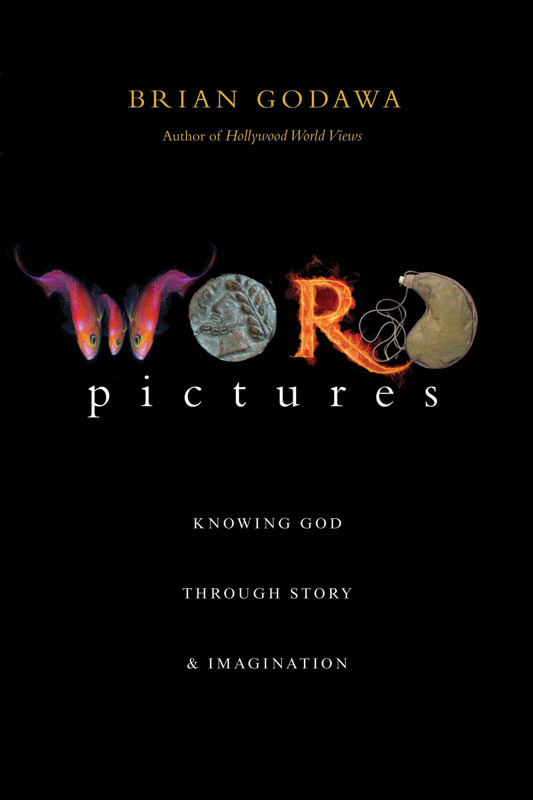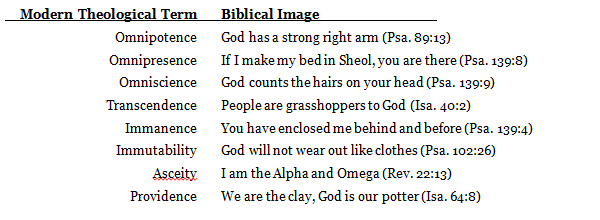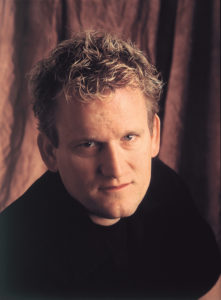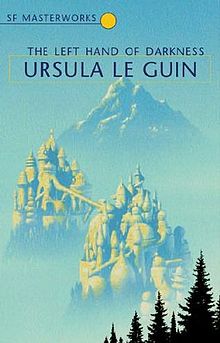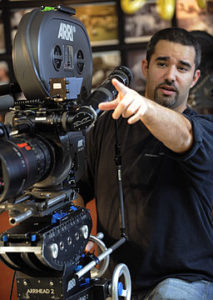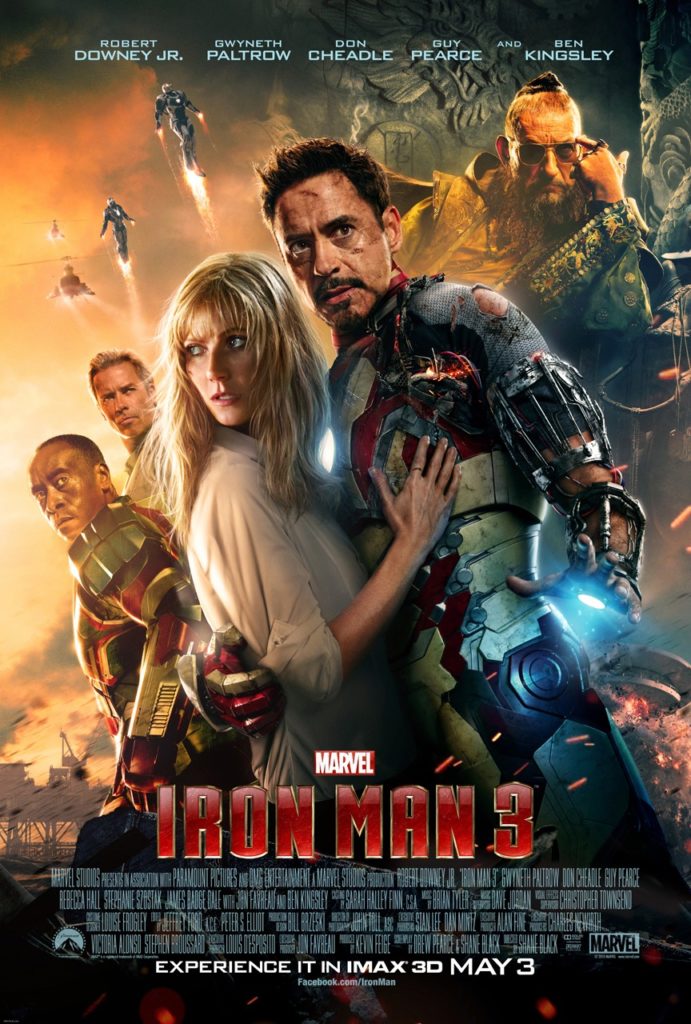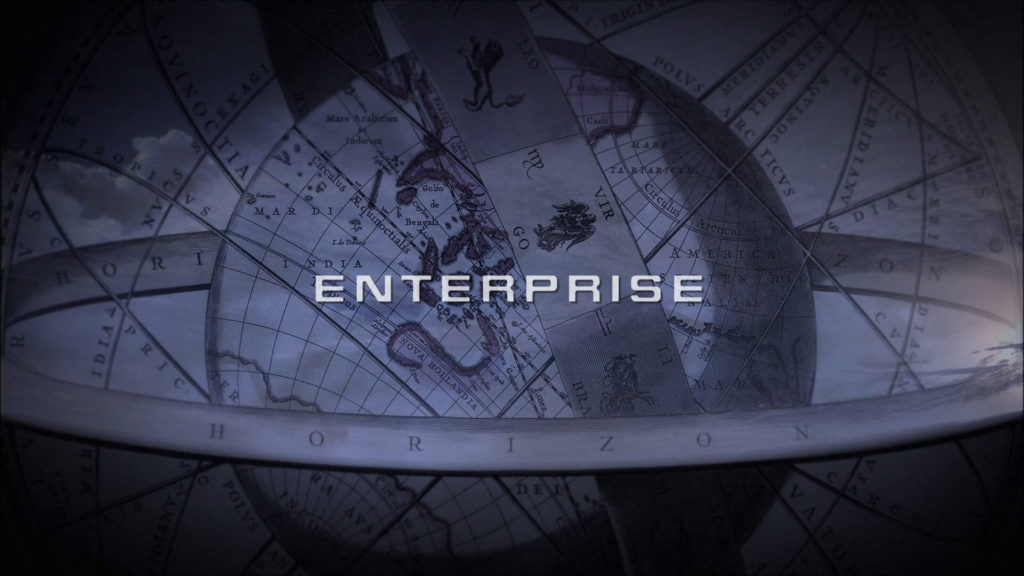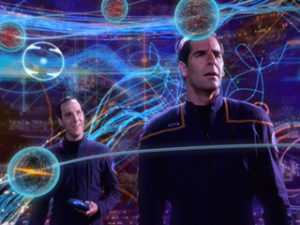Last Son Of Earth – Part 4
When we last left our young hero, Alden, he was being interrogated by Lord Langley of CON (the Conclave of Nations). Today we conclude Chapter 2 and learn a bit more about the Separatist movement and what is expected of citizens of CON.
Chapter 2 – One of Them (Part 1)
And now…Chapter 2 – One of Them (Part 2)
Alden shifted uncomfortably under Lord Langley’s gaze. The last thing he wanted to do was incriminate himself, but it was likely too late for that now. Langley knew something, or else he wouldn’t have been here. The only question was how much did he know?
âWeâve been watching you, Alden. We have taken great interest in your, how should I put it…mechanical fascinations.” As he said this, Langley reached into his trench coat and removed a small, black, leather-bound book from his pocket. It was far too familiar for Alden’s liking. It was his Compendium, as he liked to call it, a collection of personal drawings detailing the inner workings of his own mechanical ideas. How Langley had come upon the journal was anyone’s guess. Alden knew CON had eyes everywhere, but he had thought he had been careful in keeping his ideas hidden from view. There were only a handful of people who even knew the book existed, let alone where he hid it.
Langley began flipping casually through the pages of the journal, all the while his gaze firmly fixed on Alden’s eyes – as if he were reading the boy alone and not the book itself. Alden was no longer worried, he was petrified.
“It seems you have quite the imagination, young man.” Langley continued. “Quite the imagination indeed.” Langley turned to a page wherein a sketch of the Rumbler and all its specifications lay open for both he and Alden to see.
“They’re just drawings,” Alden tried to explain, hoping that the notebook was all that had been discovered so far.
“Oh, come now, we both know it represents far more than that,” Langley pressed. “Drawings are an individualâs ideas. Ideas can be manifested and if not shared with the collective can corrupt the very heart of the one who imagined them. Need I remind you how dangerous ideas in the mechanical arts can be if not directed for the good of the Construct alone?â
“No sir,” Alden replied, his eyes turned to the floor, “I understand.”
âTell me, Alden,â Langley pressed harder. “Why do you feel compelled to hide these documents from the Construct? Are you greedy? Is that it? Are you one of them? Are youâŠa Separatist?â
A Separatist? Why, the very word alone made Aldenâs stomach turn with disgust. No matter how bad things were under the rule of CON, every level headed citizen still knew that the Separatists were far worse. Separatists were uncivilized, cave-dwelling, rebels who sought to overthrow the foundations of CON for the hope of their own religious ideals. Even Alden, who had his own doubts about CON, knew better than to side with those freaks. If change was to come to CON it would come from within the system, not by tearing it down. He had no sympathy for the Separatists.
âNo,â Alden spat forcefully at the notion that he was one of them, âI would never side with a Separatist.â
âThen what is it, boy? Speak up! You can trust me you know. I am your Lord, but we are also brothers in this great collective.â
Langley’s words did not match his tone. Alden didnât trust him any more than he did a snake. The only question was how much information should he divulge to keep Langley off his back.
“I just never thought my ideas were good enough to bother the Construct with, I guess.” Alden explained, feeling somewhat confident that this response might appease his Lord for awhile. Langley said nothing. Instead, he narrowed his eyes and examined the boy further.
Alden cleared his throat and added, âI won’t make the same mistake again.â
“I’m glad you see it that way,” Langley decided at last. “If I’m not mistaken your assignment is only two weeks away. I wouldnât want to be responsible for placing you in a working class that was, shall we say, beneath your abilities. It would be a shame to see someone with your talent assigned to use his mechanical skills for the Department of Sanitation. The Construct can always use a brilliant mind like yours.â Langley offered Aldenâs Compendium back to him, but kept a sharp grip on it when Alden took hold. âDo we have an understanding?â
Alden got the message loud and clear.
âGood,â said Langley, releasing the book and rising from his seat at the table. âI always knew you were one of us.â
ââââââââââââ
Next week we’ll explore Alden’s home life and his relationship with Tin-Man a little further. In the meantime, I’d like to flesh out this chapter a bit more and make some edits here. Question: Was enough history accomplished or eluded to in this interaction? Can we elaborate on the Separatist movement a bit more? Should a more formal offer to join CON for a larger purpose be made by Langley at this point or is his veiled threat enough for now? Looking forward to your feedback.Â



































